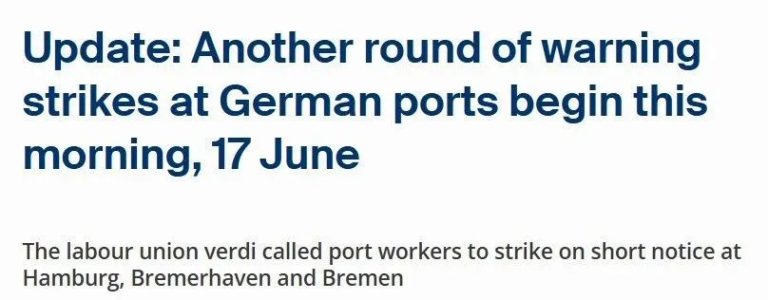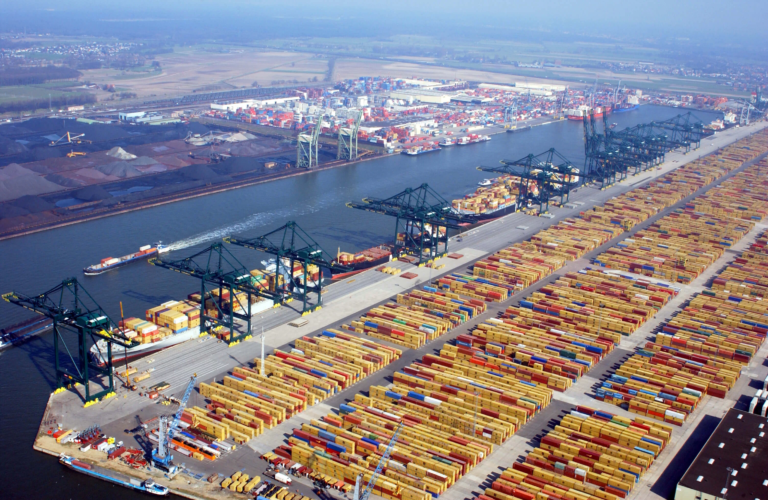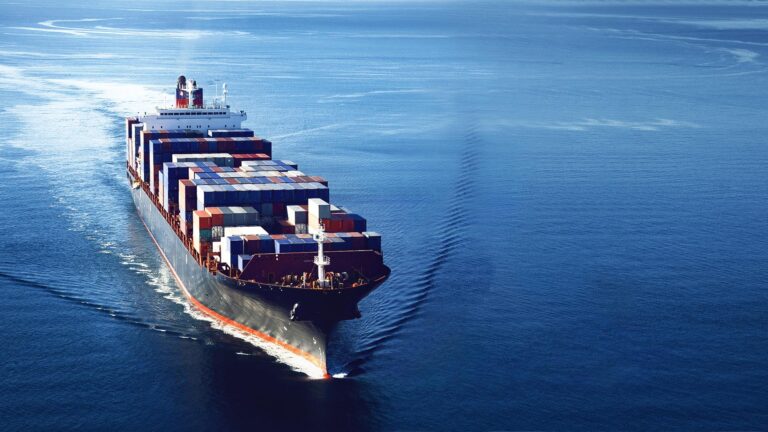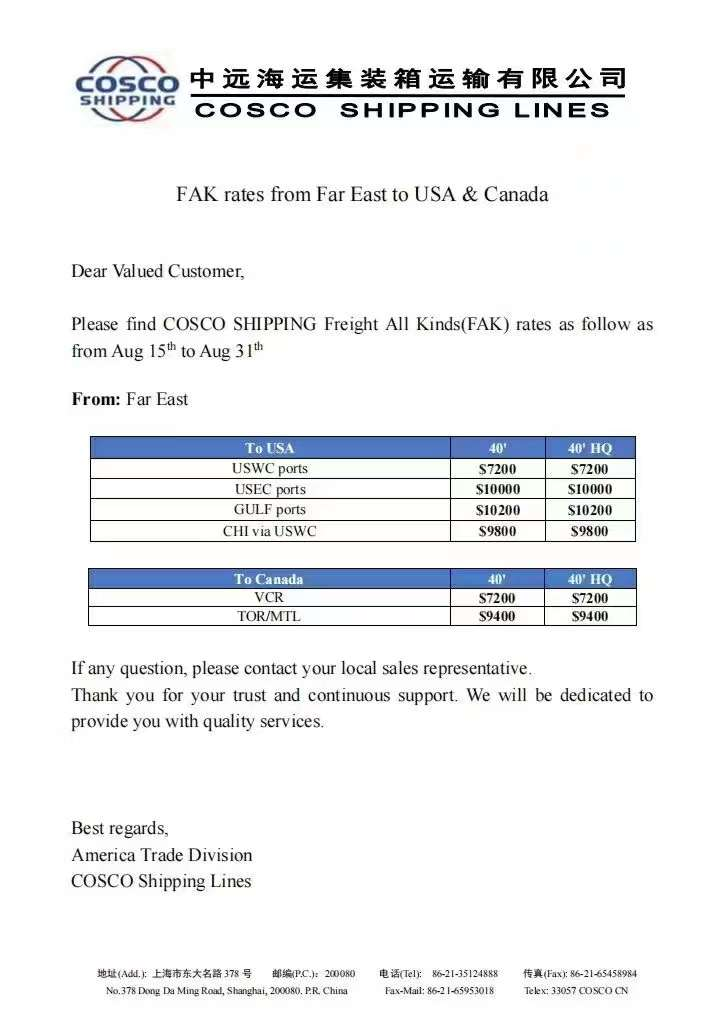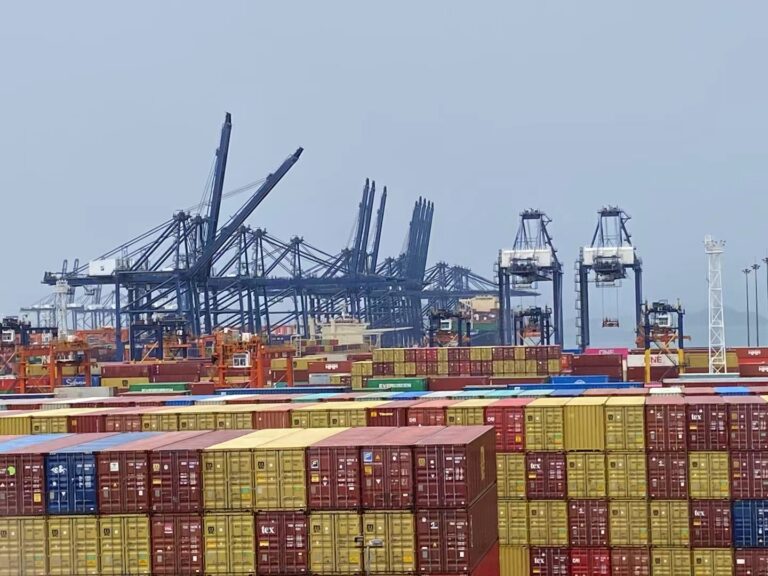Port congestion! Maersk announces suspension of TP20 East Coast service!
As the crisis in the Red Sea continues to escalate and demand keeps rising, the global capacity crunch is becoming increasingly severe, leading to significant rate hikes across multiple shipping routes. Companies are facing immense pressure due to the shortage of shipping space and containers. Currently, the tight supply situation for vessels and containers has spread to the ports, putting the entire logistics chain under considerable strain.
Shipping company announced suspension of sailing
On 3rd June, Maersk announced that due to severe congestion issues at major Mediterranean and Asian port terminals, vessel schedules have been significantly delayed. This congestion has led to substantially increased waiting times at various ports, severely impacting Maersk’s ability to maintain its regular transportation schedule.
As a result, Maersk has decided to cancel the scheduled voyages of MSC Amelia and MSC Mirjam on the AE11 and AE15 routes respectively in the coming weeks. The specific cancellation plans are as follows:
AE11 Route: Cancellation of the 425W voyage operated by MSC Amelia, originally scheduled to depart from Qingdao to Valencia on July 1, 2024.
AE15 Route: Cancellation of the 426W voyage operated by MSC Mirjam, originally scheduled to depart from Busan to Tekirdag on July 2, 2024.

In addition to the suspension of AE11 and AE15 voyages in the coming weeks, Maersk also announced last Friday, May 31, the termination of the Asia-East Coast TP20 route.
Regarding the termination of the TP20 route, Maersk’s official explanation is: “Due to the ripple effects of the current situation in the Red Sea, including delays and capacity constraints, we need to reorganize our network to best meet our customers’ needs. As part of this process, we will gradually shut down the TP20 route.”

Meanwhile, according to the latest report from Drewry, among the major routes including Trans-Pacific, Trans-Atlantic, and Asia-North Europe and Mediterranean, 43 out of 661 scheduled sailings have been canceled for the period from Week 23 (June 6 – June 9) to Week 27 (July 1 – July 7), resulting in a cancellation rate of 7%.
Of the canceled sailings, approximately 54% will occur on the Trans-Pacific eastbound routes, 30% on the Asia-North Europe and Mediterranean routes, and 16% on the Trans-Atlantic westbound routes.
For the next five weeks, the three major alliances have collectively canceled 43 sailings:
- The OA Alliance has canceled 11 sailings.
- The THE Alliance has announced 7 cancellations.
- The 2M Alliance has announced 8 cancellations.
Drewry noted that while increased vessel speed and higher transshipment volumes can help maintain container shipping turnover frequency, escalating port congestion is further impacting the container market. Singapore, being the most congested port in Asia, currently has 132 ships waiting with wait times reaching up to 46 hours. This has forced some shipping companies to skip this port, causing an increase in cargo volume and potential delays at downstream ports.
This concentrated congestion could lead to spillover congestion at ports in other regions and disrupt transportation plans. Ongoing congestion may encourage the implementation of announced General Rate Increases (GRIs) by shipping companies and could potentially drive up freight rates further.
